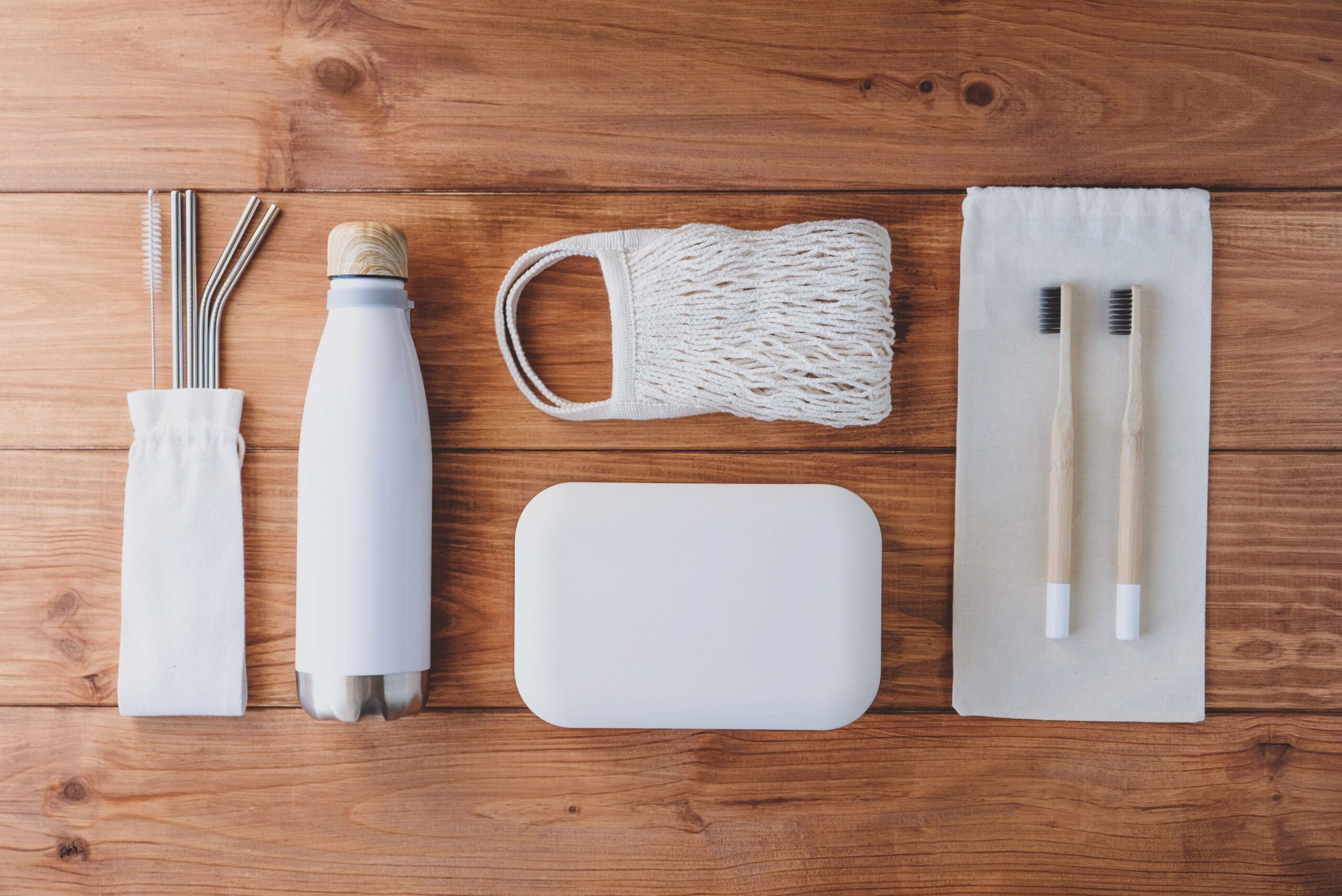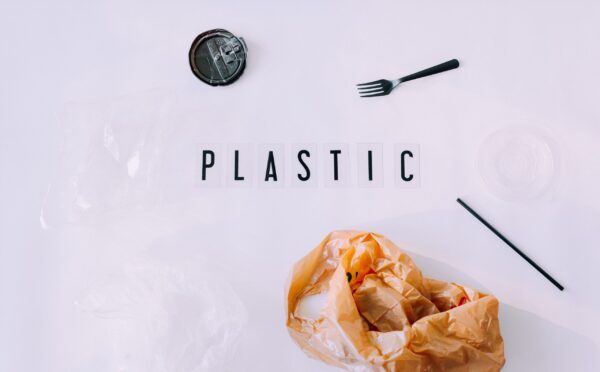When Sarah moved to Barcelona, she didn’t take any furniture or dishes with her. She carefully chose everything that would fit her suitcase: one pair of sneakers, one laptop, and a few basic items. During the first month, her neighbors called her eccentric. By the third month, they were asking her for advice. Many followed her example a year later, removing excess stuff to free up space in their homes and minds.
At first glance, Sarah’s story may seem like a personal choice unrelated to the global agenda. However, when viewed in the context of sustainable consumption, minimalism becomes clear as a viable strategy for addressing climate issues.
Minimalism Becomes an Answer
Climate instability remains the central challenge of our time. In 2025, forest fires in Los Angeles, flash floods in Asia, and record droughts in southern Europe demonstrate one simple truth: the models of the past no longer work.
Minimalism offers an alternative. It is a rethinking of the very logic of consumption. Buying consciously, reusing, and avoiding single-use items is becoming part of a new ethic.
Reducing emissions by reducing demand
Every item produced and delivered to the consumer has a carbon footprint. Minimalism aims to reduce the number of purchases, lower demand, and consequently, the production load. This leads to reduced emissions associated with producing, transporting, and disposing of goods.
Unlike traditional solutions that require behavioral change, minimalism works through everyday choices. People start buying less often, choose local products, and prefer to use one thing for a long time.
From consumption to recycling
The next step after reducing consumption is reuse. Minimalism encourages extending the life cycle of things. For example, repairing instead of buying new.
The circular economy, which is increasingly discussed in climate strategies, finds a natural ally in minimalism. Simple practices such as refusing packaging or wearing clothes until worn out contribute to slowing down resource depletion.
Reducing the role of plastic and packaging
Single-use plastic continues to be a significant threat to ecosystems. Minimalism, which questions the necessity of many items, indirectly reduces plastic consumption. Reusable bottles, bags, and containers are part of the new norm.
Particular attention is paid to household habits. Buying in bulk, storing food in glass containers, and avoiding items without a long-term function minimizes waste at the household level.
Energy conservation and architectural practices
Minimalism affects both objects and space.
Simple shapes, high-quality materials, large windows, and natural lighting all reduce the need for artificial lighting and heating. Such homes require less energy, need less repair, and remain relevant for longer.
Many minimalists consciously choose compact apartments that reduce maintenance costs and the resource burden on infrastructure.
Economy of intention
Minimalism leads to lower spending on short-term pleasures. Money previously spent on spontaneous purchases is now invested in long-term goals such as education, health, and travel. This is a reordering of priorities, where consumption gives way to the meaningful use of resources.
Personal discipline
Minimalism requires self-restraint. It is a form of personal

discipline aimed at forming sustainable behavior. Such habits are easier to pass on within a family or community, making minimalism particularly valuable for transforming the cultural code of consumption.
Minimalism in the digital sphere
Even the digital space needs to be streamlined. Cleaning out your email inbox, opting out of unnecessary notifications, and spending less time on social media all reduce the energy consumption of data centers, which are becoming an increasingly important part of the carbon footprint.
Emotional stability and environmental impact
Research confirms that a clean and orderly space reduces anxiety levels. Emotional stability helps us make more responsible decisions, including environmental ones. Thus, minimalism can be both an external practice and an internal mechanism for adapting to global challenges.
Minimalism as a systemic approach
Minimalism does not replace institutional measures to combat climate change, but complements them at the individual level. This strategy can be implemented today without subsidies, laws, or expectations. Rejecting excess is a conscious choice in favor of long-term sustainability.
Sarah’s story is a possible model for millions. Every decision not to buy something reduces pressure on resources. Every simplification of everyday life contributes to stabilizing the environment. In a situation where the scale of the challenge seems insurmountable, minimalism offers a quiet but effective response.

